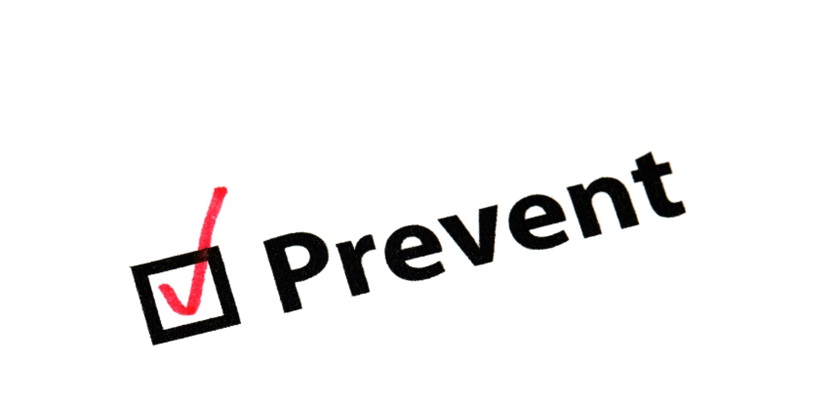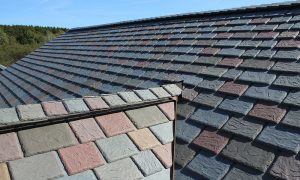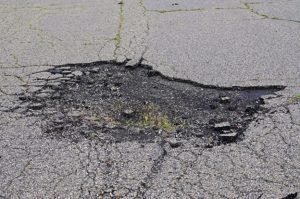How to Prevent Mold in HVAC Systems?

Mold can be a dangerous and unwelcome intruder in your home or office, especially when it infiltrates your HVAC system. Apart from posing health risks, mold growth within HVAC systems leads to awful odors, decreased efficiency, and shorter equipment lifespan. Fortunately, taking the necessary precautions can significantly reduce the likelihood of mold infestation. In this article, we will explore the steps you can take to prevent mold in your HVAC systems.
Routine Maintenance and Cleaning
Regular HVAC maintenance is crucial in preventing mold growth. Ensure your system is serviced by a professional at least twice a year to inspect and clean the components susceptible to mold development, such as the evaporator coils, drip pans, and vents. Scheduling routine check-ups will help detect minor issues before they escalate into costly repairs or mold infestations.
Control Indoor Humidity
Mold thrives in high-humidity environments, so controlling indoor humidity is essential in preventing possible infestations. Keep indoor humidity levels below 60% by using a dehumidifier or an air conditioning system equipped with humidity control features. Proper air circulation and ventilation also play a vital role in maintaining balanced moisture levels. Exhaust fans in bathrooms and kitchens can help eliminate moisture generated from various activities like showering or cooking.
Insulate Air Ducts and Pipes
Condensation on the surface of air ducts and pipes creates a favorable environment for mold to grow. To avoid this, ensure the ducts and pipes are properly insulated. This not only reduces the chances of mold development but also improves energy efficiency and prevents heat loss.
Routine Mold Inspection
Scheduling regular mold inspections is an essential step in mold prevention. A professional for mold inspection in Atlanta can identify potential problem areas and remedy them before mold growth occurs. They can also provide valuable recommendations for maintaining optimal indoor air quality.
Quick Response to Water Damage
Addressing water leaks and damages promptly is crucial in preventing mold growth. Routine inspection of your plumbing system and HVAC equipment for leaks can help you identify and fix problems before they cause mold infestations. If water damage occurs, ensure proper drying and dehumidification to eliminate excess moisture and reduce the chances of mold growth.
Professional Mold Remediation
In case of a mold infestation, it is best to seek professional help for thorough mold remediation. Mold removal can be dangerous and requires specialized equipment and techniques to ensure complete eradication. Professional remediation services not only remove existing mold but also identify and fix the underlying cause to prevent future growth. By acknowledging the reasons to hire a mold remediation service, you can ensure a safe and effective mold removal process.
Conclusion
Implementing these mold prevention measures, you can make a healthier and more comfortable living or work environment. If you suspect mold might be an issue, consider hiring a professional mold remediation service to handle the problem. The benefits of mold removal and remediation are not only limited to improving indoor air quality but also preventing structural damage and potential health risks. Overall, being proactive in preventing mold in HVAC systems can save you significant time, money, and hassle in the long run.



